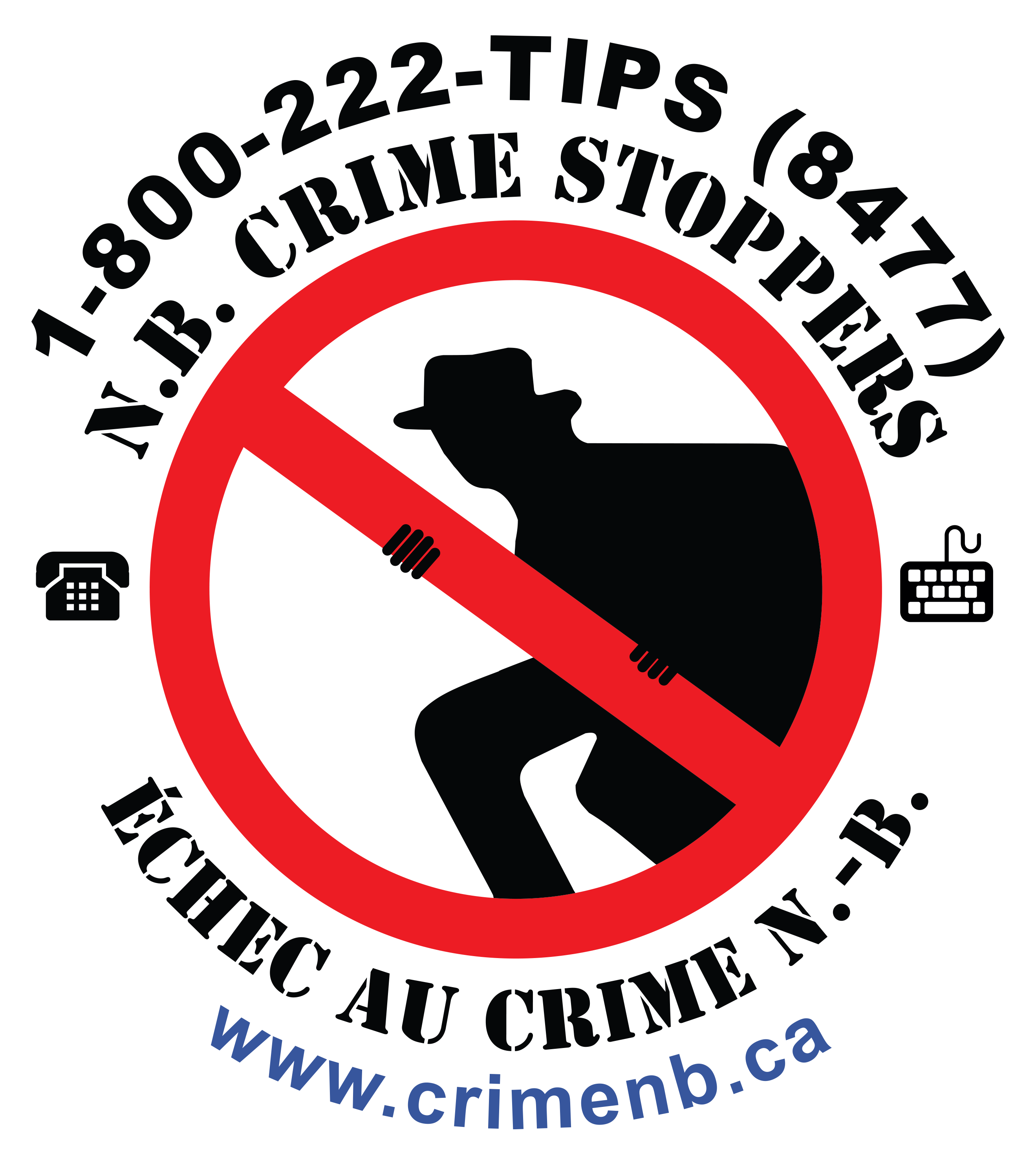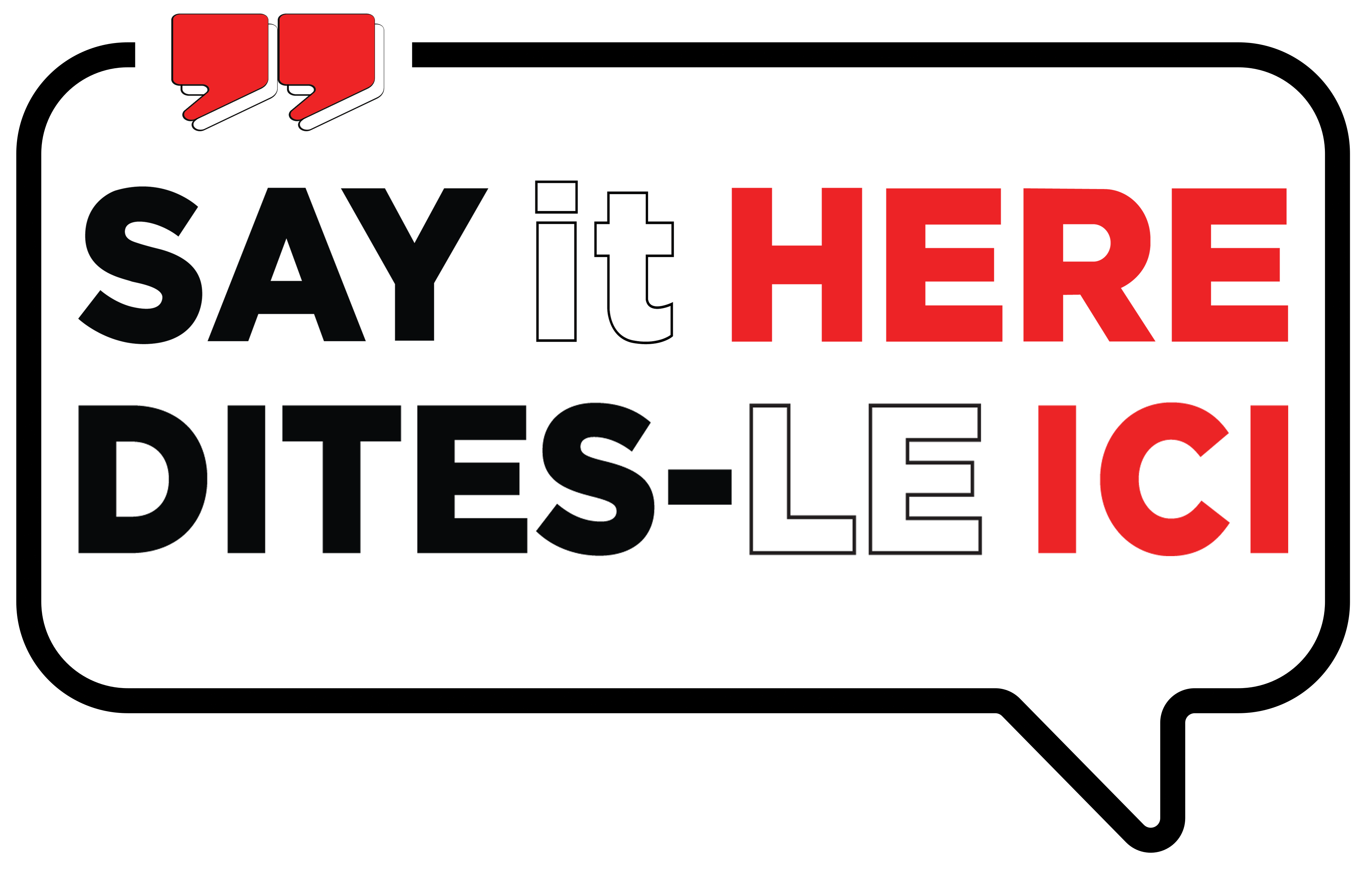Anonymous Tips
Quick Links

Speak Up. Stay Safe. 100% Anonymously.
We believe in the power of people to stop crime
Not all superheroes wear capes
Say it Here! Join the hundreds of concerned citizens that contact Crime Stoppers every year to help stop, solve, and prevent crimes in your community.
You Got This! Thank you for deciding to tell us about a crime. We know it can be a difficult decision to speak out, so it’s great that you’ve taken the first step!

SCHOOL CRIMES
Are you a student?
A Safer Campus is Your Call. Crime Stoppers wants your help in maintaining the safe environment that exists within all high schools and post-secondary institutions throughout New Brunswick.
Do the right thing! If you have information about a crime committed in your school, consider helping the victim, don’t let a bully get away with victimizing your school, or your community.
Got Questions?
Who can submit a tip?
Anyone who knows something about a crime can submit a tip. You may know the person involved, have overheard something you shouldn’t, have seen something and don’t know what to do. Whatever the case may be, you know something about a crime or a criminal, so tell us what you know, not who you are. It does not have to be part of an ongoing investigation or a crime we are featuring. Know something? Submit a tip online.
Am I eligible for a Cash Award?
Every call is valuable to Crime Stoppers, but if your information leads to an arrest and charge or successful conclusion of a case, it could bring you a cash award. Awards are set according to the severity of the crime and are paid in a way that continues to protect your identity and anonymity.
Is my tip really anonymous?
YES! We promise complete anonymity.
- You will never be asked your name
- Calls are NOT recorded
- We do not use caller ID
- You will not have to testify in court
- You will not have to give a statement to police
- Your call, online, or mobile tip will not be traced
Can I trust Crime Stoppers?
Whoever you are, wherever you live in New Brunswick, your anonymity is our promise. We won’t ask your name. We won’t judge. We just listen to what you know and pass it on to the proper authorities on your behalf.
Once you hang up the phone or click ‘send’ on our secure and anonymous online form, you’re done - no follow-ups from law enforcement, no witness statements, no courts, no fear of reprisal or retaliation.
What do I need to know?
THE CRIME STOPPERS PROMISE OF ANONYMITY:
WHAT TIPSTERS NEED TO KNOWBy providing information that Crime Stoppers will share with law enforcement agencies, you are providing an important and valuable public service. We understand that disclosure of your identity might put you at risk. We do everything we can to protect your anonymity. However, that anonymity may be open to challenge in the following situations:
- A call to Crime Stoppers made with the intention of “furthering criminal activity or interfering with the administration of justice”. A party who is guilty of a crime cannot use Crime Stoppers to try to divert the blame onto someone else. Crime Stoppers cannot be used to try to “frame” an innocent person.
- There is evidence that disclosure of some or all of a tip is necessary to establish someone’s innocence.
- A tipster having received the benefit of full legal advice may, for his or her own reasons, elect to waive the privilege.

 (8477)
(8477)